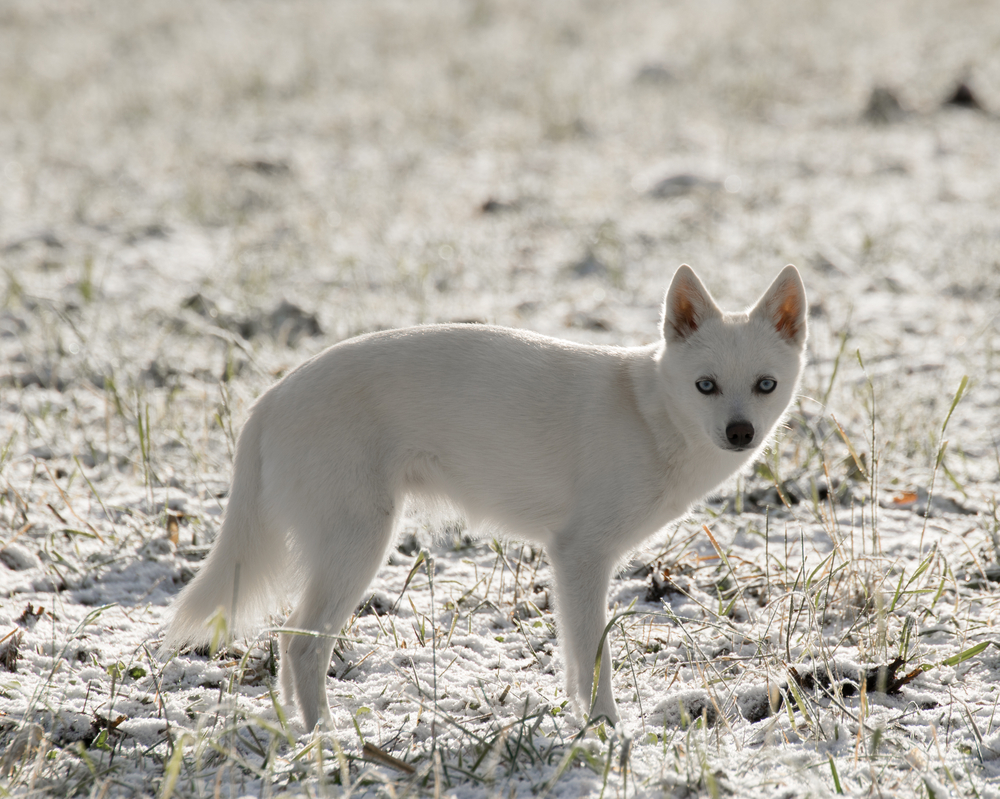Socialization Needs of Alaskan Klee Kai: Building Strong Bonds and Happy Canines
In this comprehensive guide, we will delve into the socialization needs of Alaskan Klee Kai, a captivating and intelligent breed of dogs. As experts in the field of canine behavior and training, we understand the significance of addressing their socialization requirements for fostering happy and well-adjusted companions. Alaskan Klee Kai are miniature versions of the Alaskan Husky, known for their striking appearance and energetic demeanor. As a responsible dog owner, it is crucial to recognize and fulfill their social needs to ensure they lead fulfilling lives.
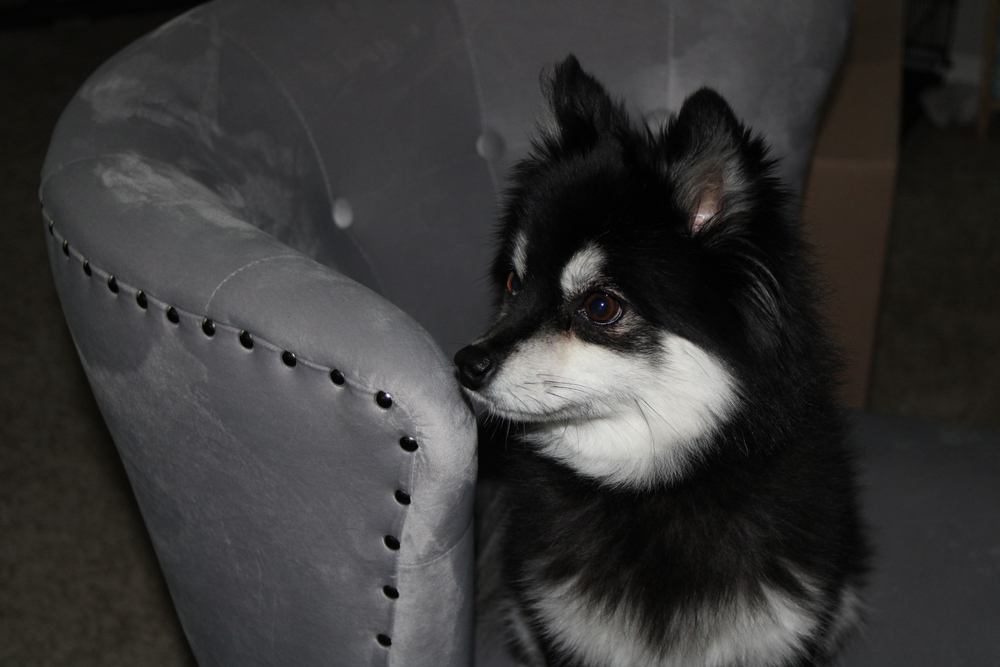
Understanding Alaskan Klee Kai: A Brief Overview
Before diving into the intricacies of socialization, let’s briefly understand what makes the Alaskan Klee Kai a unique and sought-after breed. These dogs were originally developed in Alaska in the 1970s and are the result of crossbreeding Alaskan Huskies with smaller breeds like the Schipperke and the American Eskimo Dog. Due to their Husky heritage, they retain many Husky traits, such as their striking coat patterns, expressive eyes, and energetic disposition.
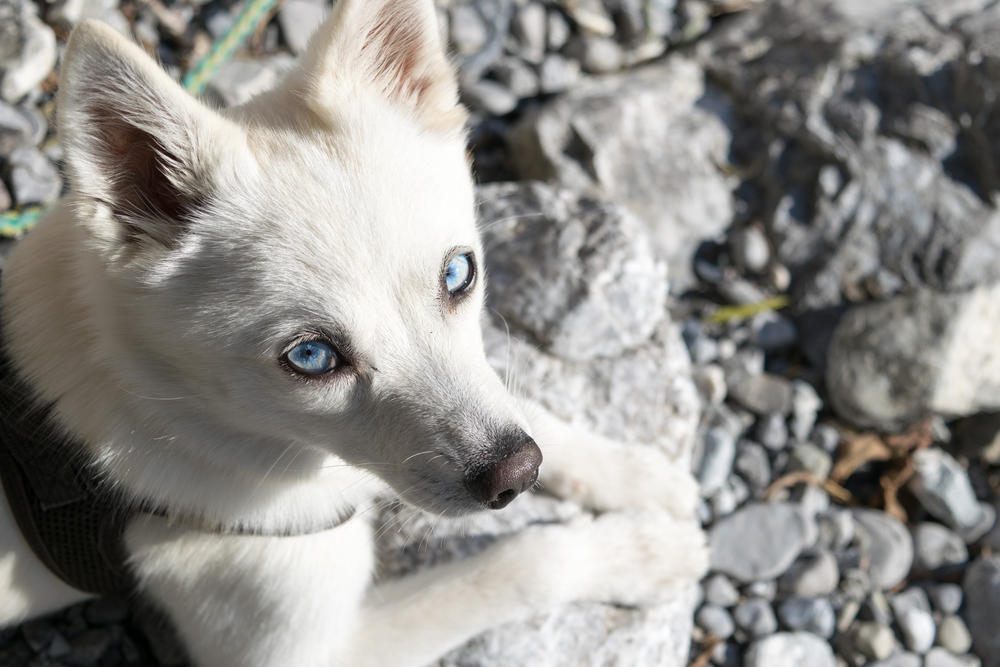
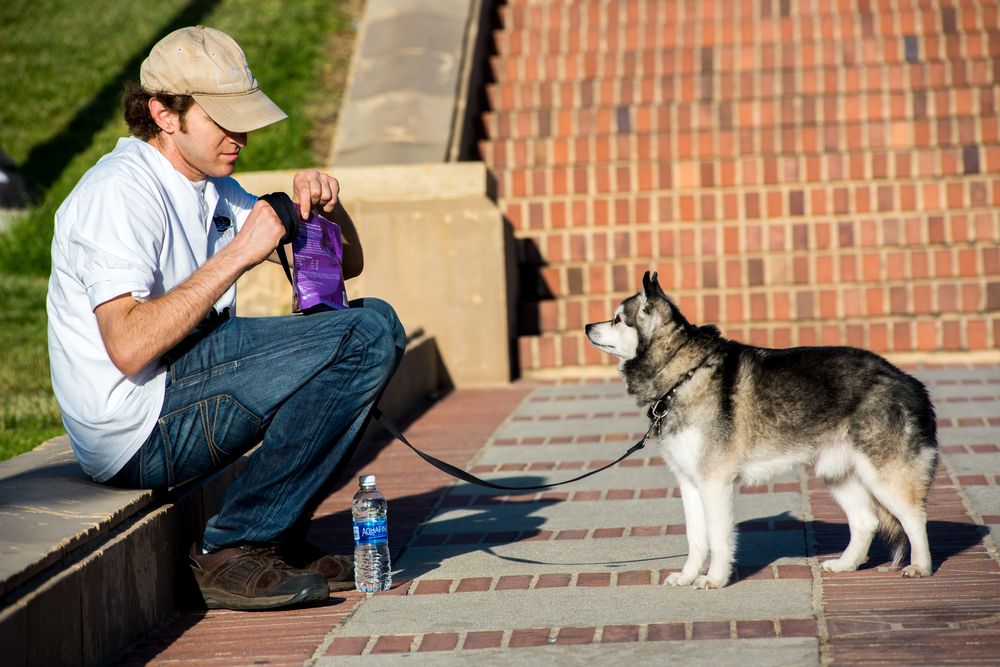
The Significance of Early Socialization
The early stages of a puppy’s life are critical for their development, and Alaskan Klee Kai are no exception. We cannot emphasize enough the importance of early socialization. It is during this formative period, usually between 3 to 16 weeks, that puppies absorb experiences and form impressions of the world around them. Proper socialization during this time helps prevent behavioral issues and anxiety later in life.
How to Socialize Your Alaskan Klee Kai
1. Introducing New Environments
Exposing your Alaskan Klee Kai to different environments is key to broadening their horizons and building confidence. Gradually introduce them to various places, such as parks, streets, or pet-friendly establishments. Ensure these encounters are positive and rewarding, reinforcing that new places are safe and enjoyable.
2. Meeting New People and Animals
Positive interactions with diverse individuals and animals will help your Alaskan Klee Kai become more sociable and well-mannered. Encourage controlled meet-ups with other friendly dogs, ensuring the experiences are supervised and gentle.
3. Positive Reinforcement Training
Using positive reinforcement training methods, like treats and praise, will instill good behavior and further strengthen the bond between you and your furry companion. Reward desired behaviors, and gently redirect or discourage unwanted conduct.
4. Exposure to Various Sounds
Alaskan Klee Kai can be sensitive to sounds, so early exposure to noises like traffic, household appliances, and thunder will help them adapt and remain composed in different situations.
5. Patience and Consistency
Patience and consistency are crucial during the socialization process. Remember that each dog is unique, and some may require more time and support to overcome shyness or fear.
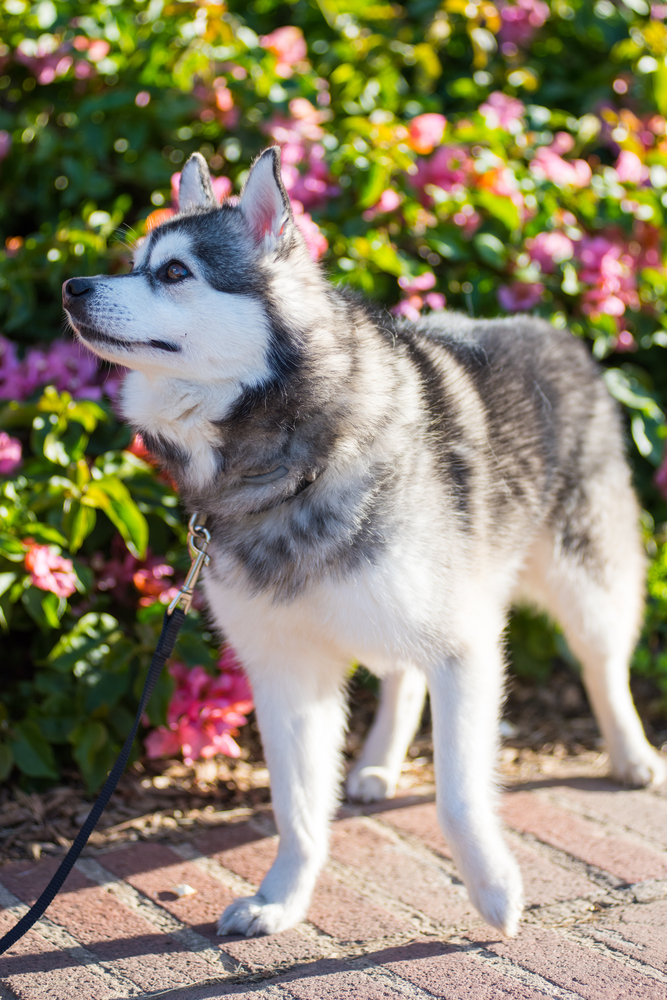
Socialization vs. Isolation: The Impact on Behavior
Proper socialization not only enhances a dog’s confidence but also plays a pivotal role in shaping their behavior. A well-socialized Alaskan Klee Kai is less likely to develop anxiety, aggression, or destructive tendencies. Conversely, dogs lacking social exposure may become fearful, shy, or reactive, leading to a host of behavioral challenges.
Socialization Mistakes to Avoid
1. Rushing the Process
Rushing the socialization process can be overwhelming and counterproductive for your Alaskan Klee Kai. Instead, take it one step at a time, allowing them to acclimate at their own pace.
2. Ignoring Body Language
Pay close attention to your dog’s body language during social interactions. If they show signs of distress, fear, or discomfort, it’s essential to intervene and create a more positive experience.
3. Using Punishment
Punishment has no place in the socialization process. It can create fear and erode the trust between you and your dog.
4. Exposing to Unvaccinated Dogs
While socialization is crucial, exposing your puppy to unvaccinated or sick dogs can pose health risks. Prioritize the safety and well-being of your Alaskan Klee Kai.
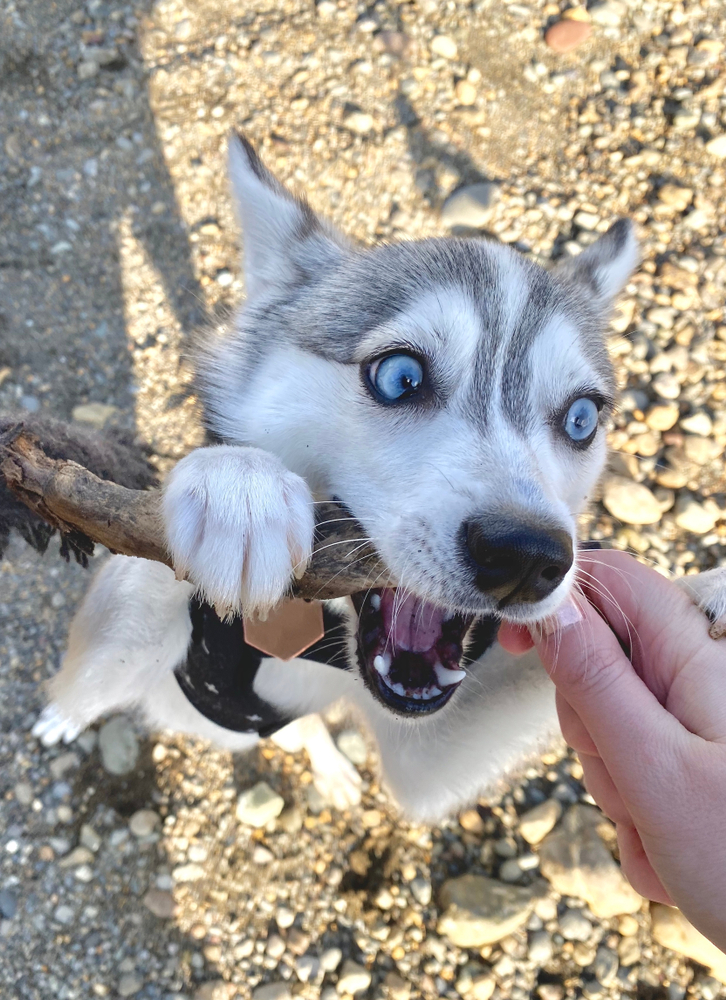
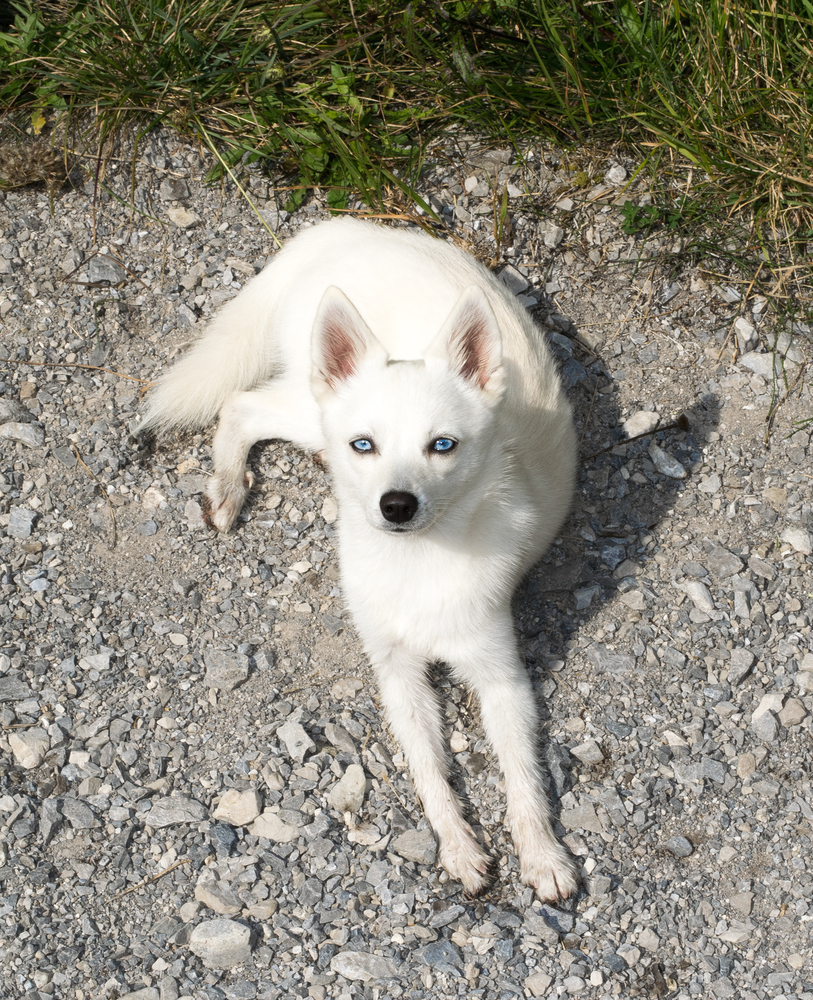
The Benefits of a Well-Socialized Alaskan Klee Kai
When your Alaskan Klee Kai is well-socialized, you’ll notice a plethora of positive changes in their behavior and demeanor:
- Confidence: They will exhibit increased confidence and approach new situations with curiosity rather than fear.
- Well-Mannered: A well-socialized dog is more likely to be well-mannered and respectful around people and other animals.
- Lowered Anxiety: Socialization helps reduce anxiety and stress, leading to a happier and healthier pet.
- Enhanced Bonding: Through shared positive experiences, you will form a stronger bond with your Alaskan Klee Kai.
- Adaptability: A well-socialized dog can adapt to various environments, making outings and travel more enjoyable for both of you.
Socialization Needs of Alaskan Klee Kai
The socialization needs of Alaskan Klee Kai cannot be overstated. Early and consistent exposure to diverse environments, people, and animals is essential for fostering a well-adjusted and content canine companion. Remember to be patient, use positive reinforcement, and prioritize your dog’s comfort and safety throughout the process.
So, embark on this journey with your Alaskan Klee Kai, and watch them grow into a confident, sociable, and happy furry family member!
